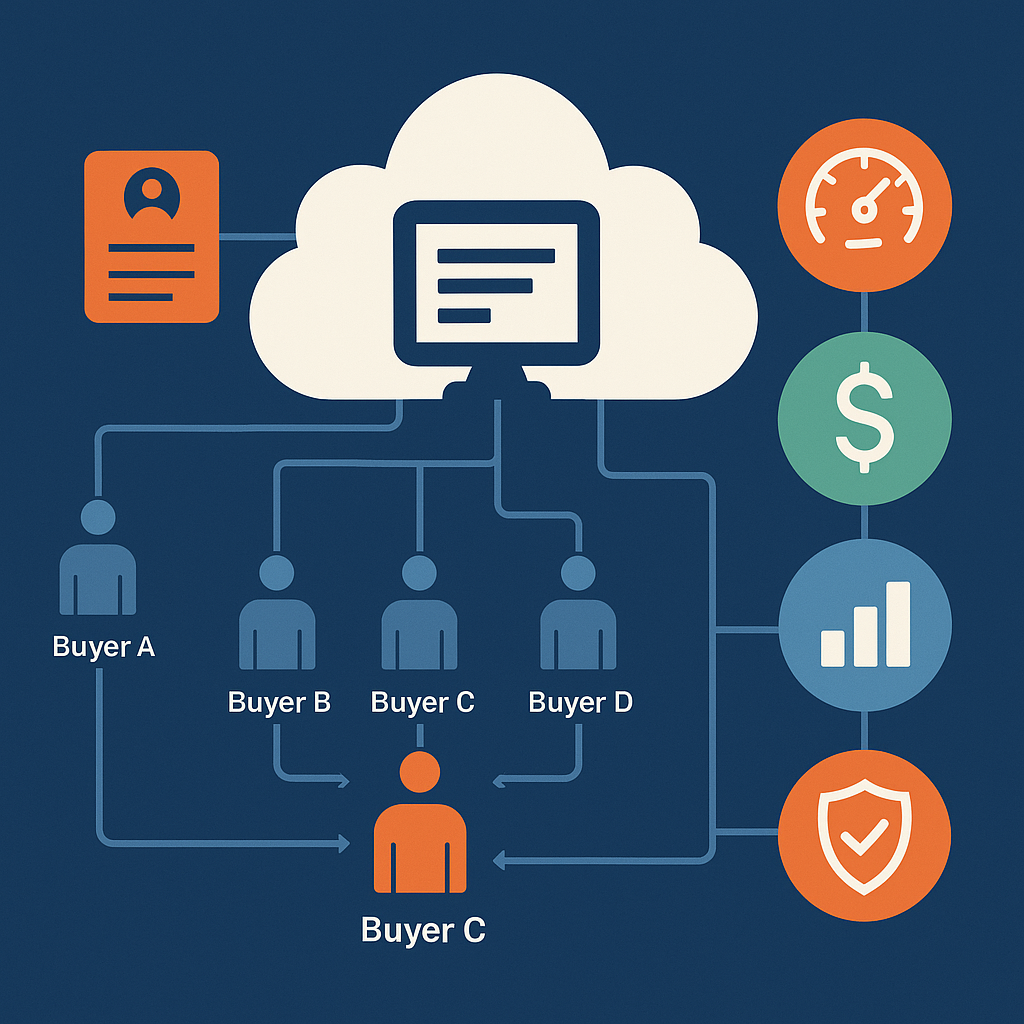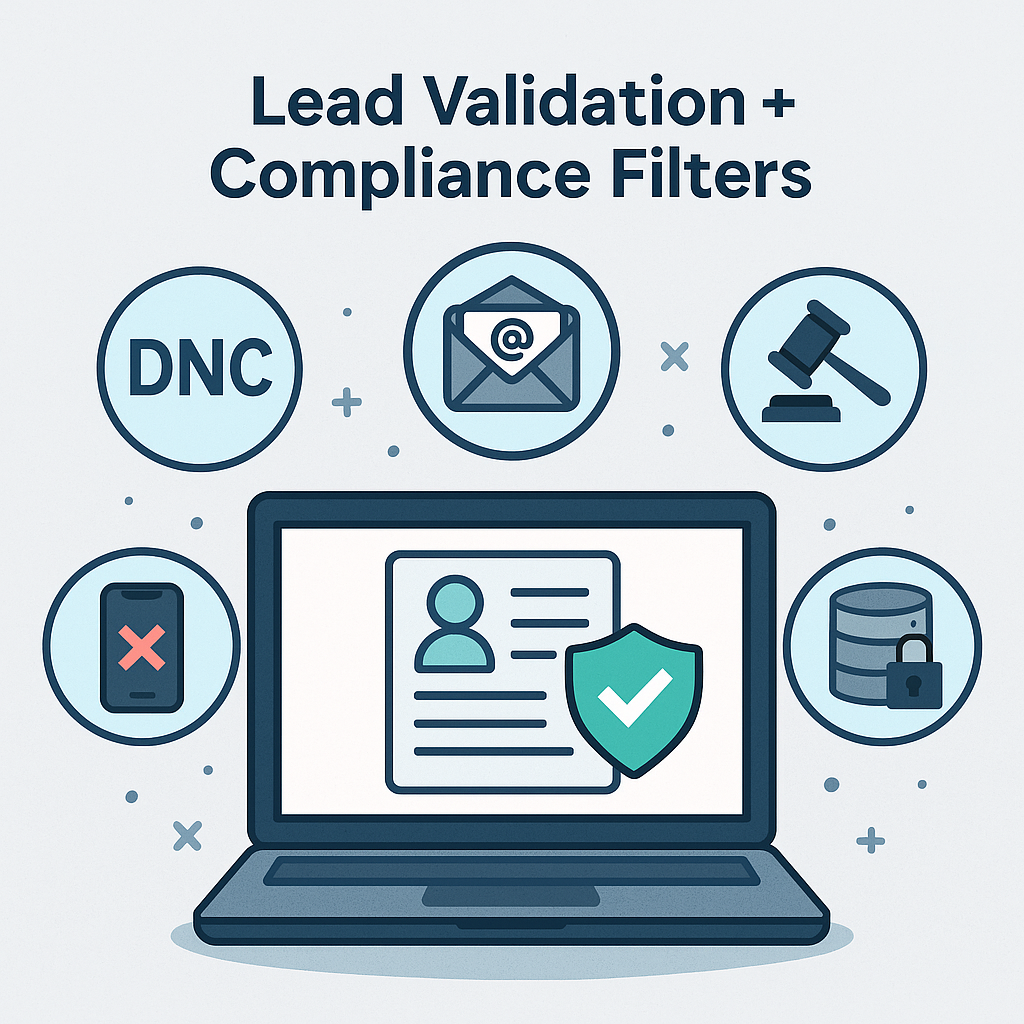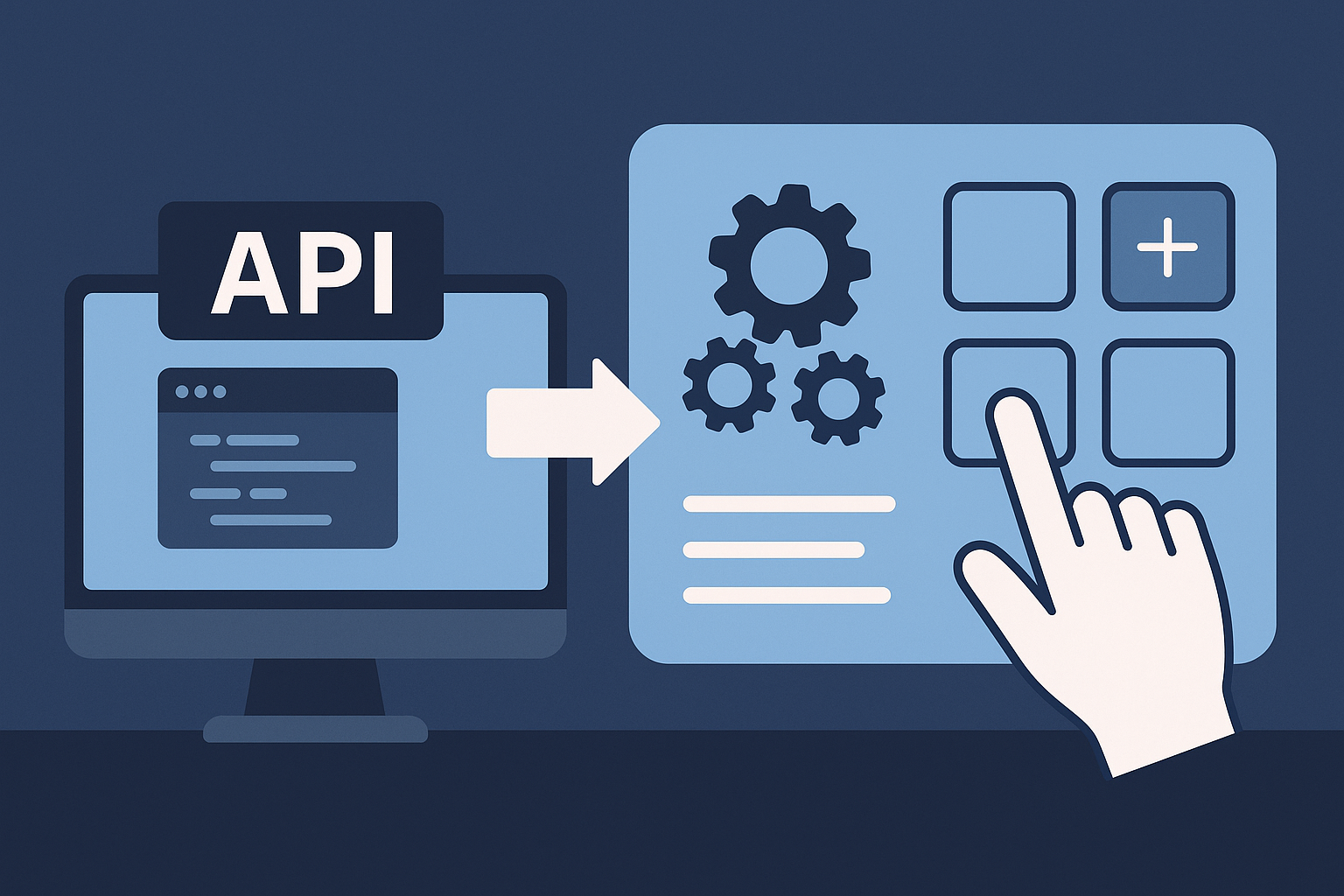Okay, so you've decided to use ping post for handling your leads. Cool. Smart move.
Now you gotta figure out which platform to pick.
It's not easy, I get it. There are tons of choices, and they are all different. Some are all about speed, others care about keeping you compliant. And some? Well, they're just basic tools with a fancy look.
So, if you're trying to find the right ping post platform—whether you sell leads, run an agency, or do affiliate marketing—this is for you.
🚦Why this matters: Your platform is super important.
Your ping post platform is your infrastructure. It decides:
- How fast your leads get where they need to go
- If buyers will actually make offers
- How much money you make for each lead
- How easy it is to grow without things falling apart
- If you're safe from legal problems
Basically, it’s a huge deal.
Let's talk about what matters when picking one.

✅ 1. Auctions That Happen Live
Ping post works by doing things in real time. You want a platform where buyers can:
- Get pings right away
- Look at some of the lead info
- Make an offer or say no
- Get the lead automatically if they win
This all needs to happen super fast. No waiting around. No doing things by hand.
Ask: Can this thing handle live auctions without slowing down?
✅ 2. Easy Ways to Control Where Leads Go
You don't want to write code every time you get a new buyer. You want:
- Simple, click-and-drag ways to set up where pings go
- Limits and schedules for buyers
- Backup plans if things don't work
- Filters based on location, time, or what the lead is about
If your platform isn't easy to use for setting up where pings go—or changing it without asking a coder for help—that's a bad sign.
✅ 3. Checks to Make Sure Leads are Good + Legal

This is a biggie. Any good platform should do these things on its own:
- Filter out people who don't want to be contacted
- Follow the rules for calling and texting
- Make sure emails and phone numbers are real
- Check for leads that are the same
- Manage lists of people you shouldn't contact
You shouldn't need a bunch of different tools just to make sure your buyers aren't getting bad or non-compliant leads.
Ask: Can I trust this thing to keep me legal without me doing extra work?
✅ 4. Tools to Help You Work with Buyers
Your buyers are how you make money. The platform should make it easier to work with them. You want:
- Reports that show how each buyer is doing
- Custom rules (limits on leads, minimum prices, filters)
- Notifications when something goes wrong (errors, slow responses, etc.)
- Simple onboarding (bonus if it’s automated with AI — like AmeliaAI in Standard Information)
- Easy onboarding (it's even better if it's automatic)
Buyers should be able to do some things on their own too—that saves you time.
✅ 5. Set Things Up Without Code

Let's be real, not everyone wants to read complicated manuals. If you need a coder every time you want to:
- Add a new buyer
- Change a rule
- Update what info a lead has...you're gonna have trouble.
Platforms these days should let you do the basics without code. Code is nice, but you shouldn't need it for everything.
✅ 6. Works with Other Stuff
You'll need to connect to:
- Customer databases
- Call tracking
- Ways to check lead info
- Lead sources
- Ways to see how things are going
Pick a platform that works well with others—a place to find integrations, apps that are already built, or code connections with good instructions.
It's a plus if it connects right to your phone system or lead form.
✅ 7. Clear Reports + Ways to Make Things Better
If you can't measure it, you can't make it better. You want dashboards that show:
- How fast pings respond
- How often buyers make offers
- How much money you make per lead, by buyer, source, and location
- Why leads get turned down
- If lead quality is getting better or worse
This is stuff you really need to make things run smoother.
👀 Other things that are nice to have
- Ping post based on appointments (big for certain types of leads)
- AI that suggests where to send leads
- Support that answers quickly
- Ways to find fraud or get more info about leads built-in
- Separate accounts for different agencies
The more your platform helps you plan, the more time and money you'll save.
🧩 This Isn’t Just About Tech—It’s About Money
The right ping post platform does more than just send leads. It helps you:
- Make more money from each lead
- Grow without chaos
- Avoid wasting money
- Stay out of legal trouble
- Keep buyers happy (and keep them around)
You're not just buying software. You're deciding how your business will grow.
FAQs
Q: What’s the most important feature in a ping post platform? Real-time bidding logic with low latency is critical — without it, the whole model breaks.
Q: Do I need coding skills to use ping post software? Modern platforms should offer no-code tools for most tasks — devs shouldn’t be required for day-to-day changes.
Q: How do I manage multiple buyers in a ping tree? Use visual routing tools that let you drag-and-drop buyers, apply caps, and set fallback logic.